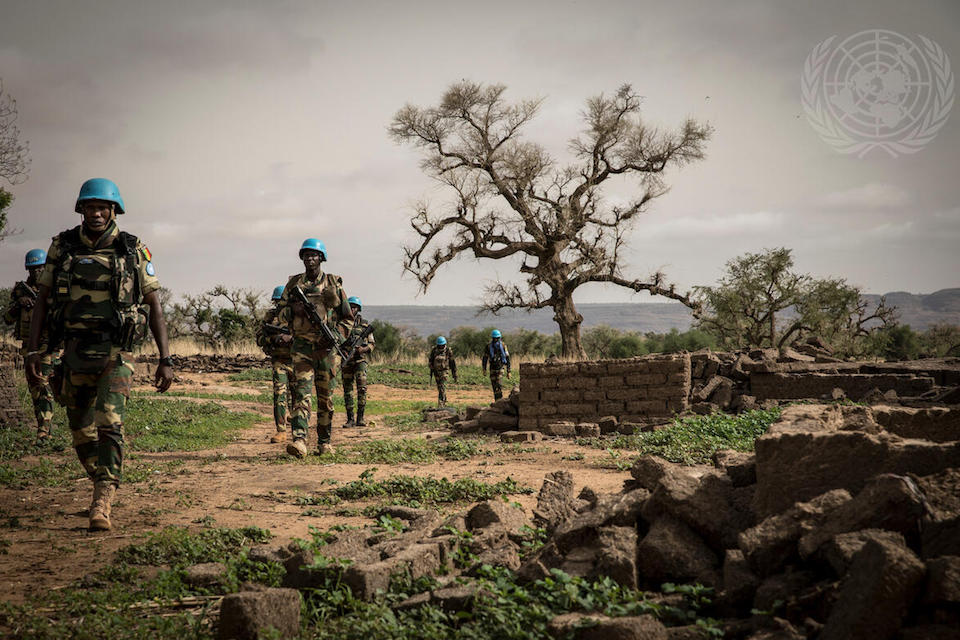Enabling UN peacekeepers to perform safely and to the best of their abilities
Statement by Ambassador Barbara Woodward, UK Permanent Representative to the UN, at the Security Council briefing on the safety and security of UN peacekeepers

Mr President, thank you for convening today’s open debate and I want to thank our briefers for their insightful remarks.
At the outset, I want to join others in paying tribute to those brave peacekeepers killed or injured in the course of their duties. Addressing the threats facing our peacekeepers requires commitment from all of us. The Secretary-General recognised this in his Action for Peacekeeping initiative; safety and security must remain a central pillar of its implementation.
Just as we ask our peacekeepers to perform to the best of their abilities, and the Secretariat to put in place the required levels of support, it is our duty, as troop- and police-contributing countries, to provide the training and equipment to enable our personnel to fulfil their roles safely.
Thorough and mission-specific pre-deployment preparation is key to understanding and tackling threats. That’s why, through our partnerships with other troop contributors and training centres, the UK is providing training and mentoring in counter-IED, peacekeeping intelligence and first aid skills, to help prepare peacekeepers before they deploy. For example, the UK has provided over $1.4 million of support to the Humanitarian Peace Support School in Nairobi, helping deliver 31 courses to more than 600 personnel from 12 Police- and Troop-Contributing Countries.
Second, giving missions an accurate threat picture allows them to anticipate and mitigate risks, and challenge those targeting them. The deployment of the UK’s reconnaissance task group in MINUSMA, Mali, is demonstrating the value of peacekeeping intelligence in connecting the mission with difficult-to-reach communities and improving situational awareness. This contributes to both safety and security and the protection of civilians.
Third, when incidents do occur, peacekeepers should be assured that they will benefit from reliable casualty evacuation, and the right medical care needed within the first crucial minutes and hours. The availability of adequately equipped and performing air support is often key to this. Response times, processes and capabilities must be thoroughly stress-tested to ensure they are robust, dependable and in line with medical needs.
Finally, Mr President, we must be united in our action to hold the perpetrators of attacks against peacekeepers accountable, through adoption of sanctions by the Security Council and the pursuit of justice by host states. It is also the duty of host states to ensure that missions are free to work without violations of their Status of Forces Agreement. We are concerned by the recent spike in such violations against MINUSCA, in the Central African Republic, and I join others in calling on the authorities to ensure the security and free movement of UN personnel.
Thank you, Mr President.